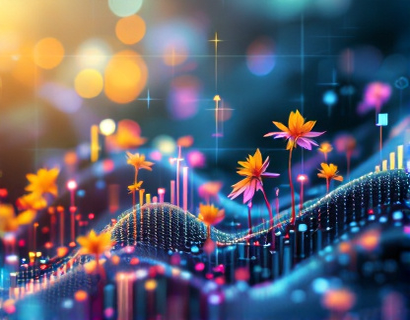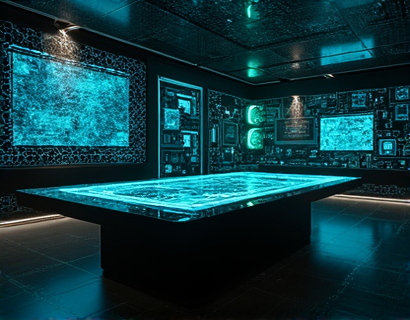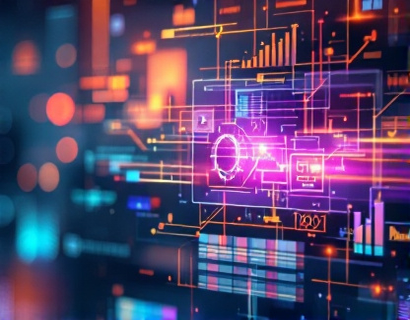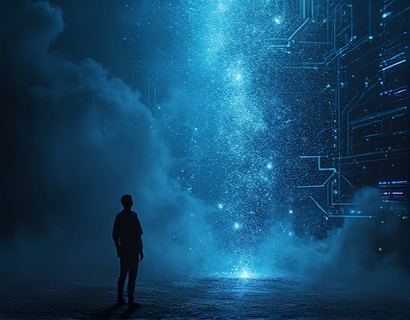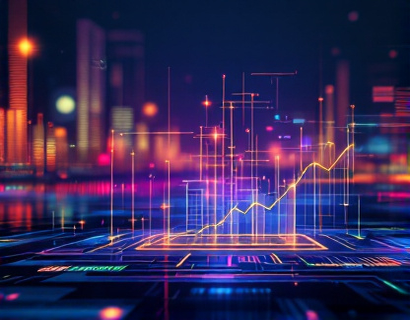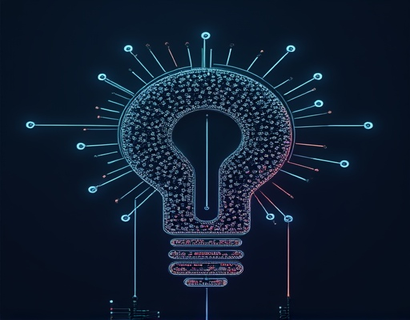Unlocking Musical Potential: Harnessing AI for Advanced Composition and Production
The integration of Artificial Intelligence in music creation has ushered in a new era of creativity and innovation. This technological advancement offers musicians and composers unprecedented tools to streamline their creative processes, enhancing both the quality and complexity of their work. The future of music composition and production is being redefined by AI-driven software that not only simplifies the music-making process but also inspires and elevates artistic vision. This article delves into how these advanced AI tools are transforming the landscape of music creation, making it accessible and powerful for both professional artists and emerging creators.
Evolving Music Creation with AI
Traditionally, music composition and production involved a meticulous and time-consuming process. From arranging notes to mixing and mastering, each step required a deep understanding of music theory and technical skills. However, with the advent of AI in music, this process has become more efficient and intuitive. AI algorithms can analyze vast amounts of musical data, learn from diverse genres and styles, and generate original content that meets specific creative goals. This capability not only saves time but also opens up new avenues for artistic expression.
One of the most significant impacts of AI in music is the democratization of music creation. Tools powered by AI can assist musicians with limited technical expertise to produce high-quality music. These tools offer user-friendly interfaces and intelligent suggestions, making complex tasks like chord progression generation, melody creation, and even lyrics writing accessible to anyone with a musical idea. This shift empowers a broader range of individuals to explore their musical potential, fostering a more diverse and vibrant music scene.
Intuitive Features for Enhanced Creativity
AI-driven music creation software is designed with the musician in mind. The intuitive features of these tools are crafted to inspire creativity and streamline the creative process. For instance, AI can suggest chord progressions based on the mood and style of the music being composed. It can also generate melodies that complement the existing structure, providing a solid foundation for further development. These suggestions are not mere repetitions but innovative ideas that push the boundaries of traditional composition.
Moreover, AI can analyze the emotional and structural aspects of music, offering insights that human composers might overlook. By understanding the psychological impact of different musical elements, AI can help creators craft pieces that resonate more deeply with listeners. This analytical capability, combined with creative suggestion, creates a powerful synergy that enhances the overall quality of the music.
Elevating Sound Quality
Sound quality is a critical aspect of music production, and AI plays a pivotal role in achieving professional-grade results. Advanced AI algorithms can perform complex tasks such as noise reduction, equalization, and reverb simulation with precision and consistency. These tools can analyze the raw recordings and apply sophisticated processing techniques to enhance clarity, depth, and richness. The result is a polished sound that rivals that of high-end studios, accessible to creators with basic equipment.
Another significant advantage of AI in sound production is the ability to simulate various instruments and environments. AI can emulate the sound of orchestral instruments, vintage equipment, and even specific recording locations. This flexibility allows musicians to experiment with different sonic palettes without the need for expensive hardware or extensive knowledge of acoustics. The ability to quickly and accurately achieve desired sounds empowers creators to focus more on the artistic aspects of their work.
Collaboration and Learning
AI in music creation also facilitates collaboration and learning. Online platforms powered by AI can connect musicians from different parts of the world, enabling real-time collaboration on projects. These platforms use AI to synchronize sessions, manage versions, and provide collaborative tools that enhance the creative process. For emerging creators, this means access to a global community of musicians and mentors, accelerating their learning and growth.
Additionally, AI can serve as a personalized tutor, offering feedback and guidance based on the creator's progress. By analyzing the music produced, AI can identify areas for improvement and suggest exercises or techniques to enhance specific skills. This interactive learning approach makes the process of mastering music production more engaging and effective.
Customization and Personalization
One of the most compelling aspects of AI in music creation is its ability to adapt to individual styles and preferences. Each musician has a unique voice and vision, and AI tools can be tailored to complement these elements. By learning from the creator's past work and preferences, AI can generate suggestions that align with their artistic identity. This personalization ensures that the music remains authentic while benefiting from the enhancements provided by AI.
Furthermore, AI can assist in creating custom sounds and textures that are not easily achievable with traditional instruments or software. By combining and manipulating various audio elements, AI can produce novel sonic experiences that expand the creative palette. This capability is particularly valuable for experimental and avant-garde musicians who seek to push the boundaries of conventional music.
Challenges and Considerations
While the integration of AI in music creation offers numerous benefits, it is essential to acknowledge the challenges and considerations involved. One of the primary concerns is the potential loss of human touch and emotional depth in music. AI, despite its advanced capabilities, lacks the subjective experience and emotional nuance that a human creator brings to the music. Balancing AI assistance with human creativity is crucial to maintaining the soul and authenticity of the music.
Another consideration is the ethical use of AI in music. Issues such as copyright, ownership, and the impact on traditional musicians need to be addressed. The music industry must navigate these challenges to ensure that AI serves as a tool for enhancement rather than a replacement for human creativity. Transparency and fair practices will be key in fostering a harmonious integration of AI in music creation.
The Future of Music Creation
As AI technology continues to evolve, the possibilities for music creation will expand even further. Future AI tools may incorporate more advanced machine learning models, enabling deeper understanding and generation of complex musical structures. The integration of natural language processing could allow creators to communicate their ideas more precisely, resulting in even more tailored and sophisticated compositions.
Moreover, the convergence of AI with other technologies like virtual reality and augmented reality could revolutionize the way music is experienced. Imagine immersive concerts where AI-generated environments respond to the music in real-time, creating a multisensory experience for the audience. The future of music creation and consumption is not just about making music but about experiencing it in entirely new dimensions.
In conclusion, AI is transforming the landscape of music composition and production, offering powerful tools that enhance creativity, sound quality, and accessibility. By embracing these advancements, musicians and creators can unlock new levels of artistic potential and contribute to a more diverse and innovative music scene. The future is bright, and the possibilities are endless.



